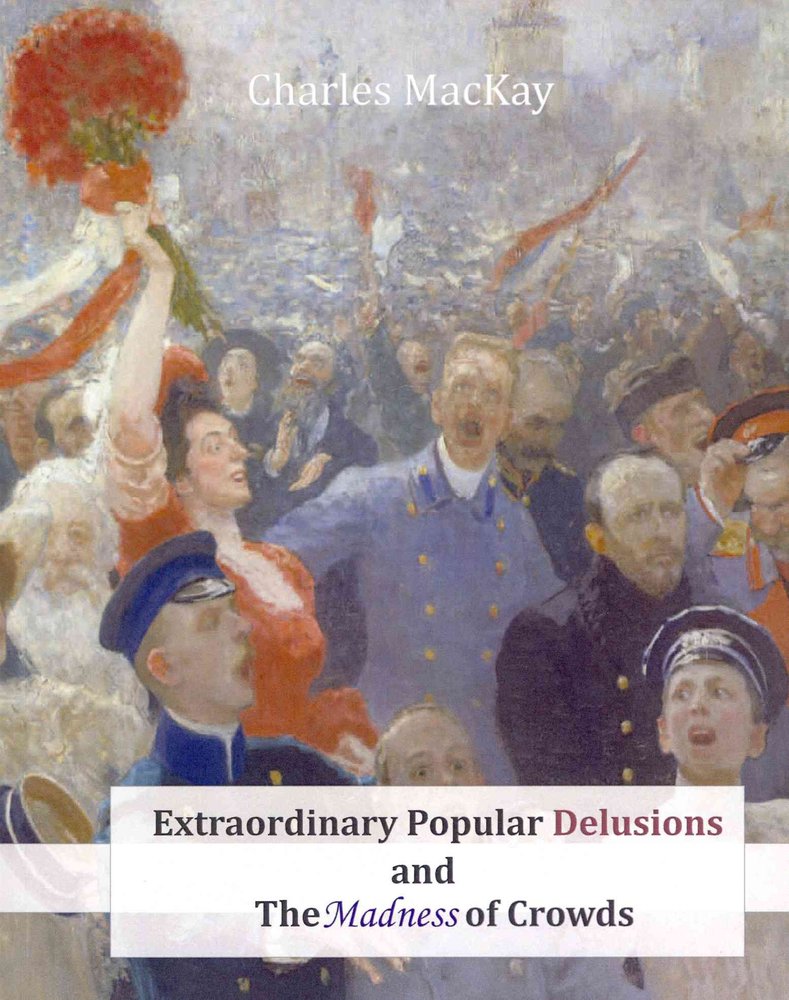

He worked for the Illustrated London News in 1848, becoming editor in 1852. In the autumn of 1844, he moved to Scotland, and became editor of the Glasgow Argus, resigning in 1847. In the autumn of 1839 he spent a month's holiday in Scotland, witnessing the Eglintoun Tournament, which he described in the Chronicle, and making acquaintances in Edinburgh. From the spring of 1835 till 1844 he was assistant sub-editor of the Morning Chronicle. Mackay became a journalist in London: in 1834 he was an occasional contributor to The Sun. (DrPGould)Ĭharles Mackay was a Scottish poet, journalist, author, anthologist, novelist, and songwriter, remembered mainly for his book Extraordinary Popular Delusions and the Madness of Crowds. The other four: Popular Admiration for Great Thieves, Popular Follies in Great Cities, Duels & Ordeals, and Relics, he classified as national delusions.

In this volume are eight topics, four of which MacKay would classify as "Peculiar Follies:" the Crusades, the Witch Mania, the outbreak of assassination by slow poisoning, and a belief in haunted houses. The history of the twentieth century suggests that as the planet has become more populated, the workings of crowd psychology have increasingly influenced everyday life, sustaining the longevity of MacKay's observations. To a lesser degree, it was one of the first serious attempts to examine crowd psychology and is still a touchstone in that field. We find that whole communities suddenly fix their minds upon one object, and go mad in its pursuit that millions of people become simultaneously impressed with one delusion, and run after it, till their attention is caught by some new folly more captivating than the first." So wrote author Charles MacKay in this landmark work, which is still in print in the twenty-first century, and is considered most important for its analysis of economic "bubbles," such as the dot com bubble of 1997-2001.

"Men, it has been well said, think in herds it will be seen that they go mad in herds, while they only recover their senses slowly, and one by one." "In reading the history of nations, we find that, like individuals, they have their whims and their peculiarities their seasons of excitement and recklessness, when they care not what they do.


 0 kommentar(er)
0 kommentar(er)
